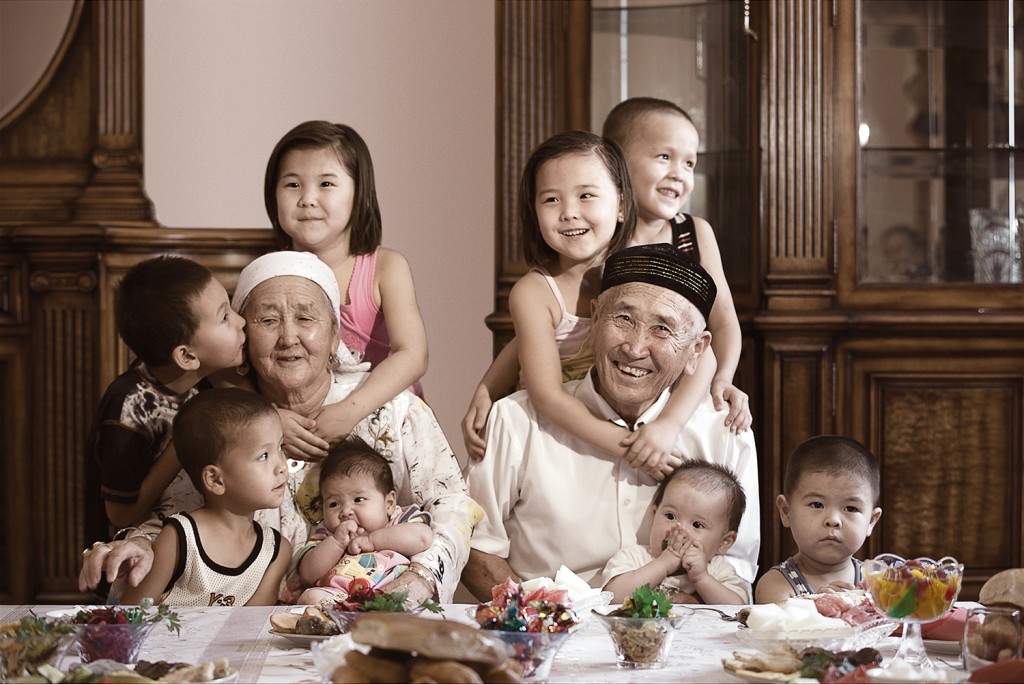ASTANA – New research conducted by U.K. market research agency Ipsos MORI with Kazakh adults shows that a large majority of citizens of the country believe the country is moving in the right direction and that most also agree that the country is ready to hold the presidential election scheduled for April 26.
The research, made public April 20 by Ipsos MORI and the Eurasian Council on Foreign Affairs (ECFA) that commissioned it, was conducted with a nationally representative sample of 1,000 adults aged 18 and over from March 16 to April 3.
It found that nearly nine in ten (89 percent) of adults interviewed thought that life in general and on balance was moving in the right direction in the country, while 79 percent thought the country was ready for the election, which was originally scheduled for 2016 but was moved up after calls from country’s ethnic assembly, the Assembly of the People of Kazakhstan (APK).
Ipsos MORI has done similar surveys in Kazakhstan with similar samples in 2013 and 2014.
When thinking about their country in general, this survey found that 93 percent of Kazakh adults feel “fairly positive” or “very positive,” an increase of 3 and 7 percentage points on the similar polls from 2014 and 2013. More than nine in 10, 91 percent, said they were “very satisfied” or “fairly satisfied” with the way incumbent President Nursultan Nazarbayev is doing his job, with 59 percent making up the “very satisfied” segment. Seventy-eight percent felt “fairly” or “very” positive about the country’s economy, and 85 percent said they thought life had gotten better over the past 10 years.
Respondents were asked to consider specific aspects of life from 10 years ago and today, including infrastructure, prices of everyday goods, education, policing, corruption, the courts and justice system and other issues. On infrastructure, education, overall quality of life, healthcare, their own standards of living, eliminating corruption, finding opportunities to advance in society and job opportunities, the larger segments of respondents reported being maximally satisfied. On the courts and justice system and prices, the majority reported being satisfied, but were less glowing.
The vast majority of respondents, 93 percent, said they were “certain to vote”, “very likely to vote” and “quite likely to vote” in the upcoming election. Voter turnouts in Kazakhstan are generally higher than the averages in countries of the Organisation for Economic Cooperation and Development (OECD), and turnout for the three presidential elections since independence has averaged 84 percent, according to the International Institute for Democracy and Electoral Assistance, an intergovernmental organisation with the mission of supporting democracy and proving comparative knowledge on democratic processes.
The data was collected during in-home, face-to-face interviews.
Three candidates are standing in the April 26 election: Turgun Syzdykov of the Communist People’s Party of Kazakhstan, who is running on a platform of combating “decadent Western values”; self-nominated Abelgazy Kussainov, who is using his campaign to draw attention to environmental issues; and incumbent President Nursultan Nazarbayev.
The Eurasian Council on Foreign Affairs is a recently established think tank with the stated mission of providing a platform for engagement between Central Asia and the European Union. The Brussels-based council publishes papers and provides research on a variety of issues in Central Asia.

